Diplomas of Russian university graduates may be admitted in Uzbekistan without a nostrification
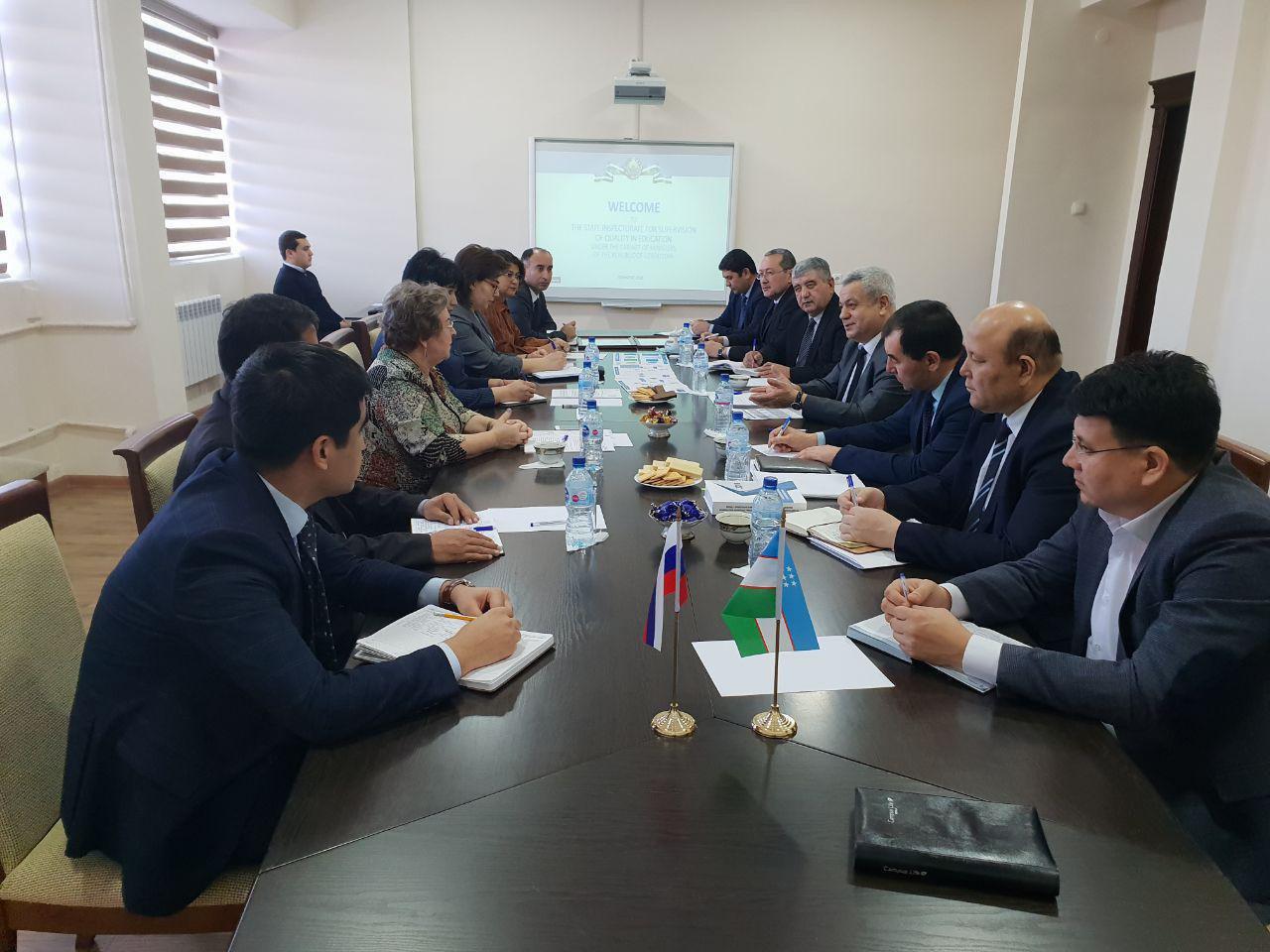
About 25,000 Uzbek students are currently enrolled in the universities of the Russian Federation, and their number is annually increasing by 7,500, the State Inspectorate for Supervision of the Quality of Education at the Cabinet of Ministers said.
It was noted that two months ago, the State Inspectorate for Supervision of the quality of education under the Cabinet of Ministers conducted negotiations with the Russian Federation's General Expertise Center and signed a memorandum of cooperation. At the same time, the sides agreed to use electronic databases in the process of nostrification between Uzbekistan and Russia, which in turn creates opportunities for young people who want to improve their skills, conduct seminars and study in Russia. In order to further strengthen this process, a meeting was held between the head of the State Inspectorate for Supervision of the quality of education at the Cabinet of Ministers U. Toshkenboyev and the delegation headed by a senior analyst of the General Expertise Center at the Federal Service for Control of Science and Education Vera Skorobagatova. At the meeting, the sides agreed to create opportunities for young people who want to study in Russia, explain the opportunities and answer the questions they are interested in.
The State Inspectorate for Supervision of the quality of education under the Cabinet of Ministers of the Republic of Uzbekistan and the Federal Service for Control of Science and Education of the Russian Federation have worked out a draft “Intergovernmental Agreement on recognition of educational documentation, qualification and scientific degree”, presented to the governments of two countries.
Signing this agreement provides for a direct recognition of educational documents between the two countries, elimination of bureaucratic obstacles in the education of youth (nostrification of documents in Russia takes up to 45 days) and saves about $800,000 annually.
The negotiations are of great importance for development of mobility of young people in two countries, creating a decent environment for their education and further simplifying the system of mutual recognition of educational documents. They also share experiences on accreditation of educational institutions, use Russian experience in the selection and attraction of experts in accreditation process, joint accreditation processes through exchange of experts between two countries. It is important to practice direct recognition of affiliates and joint programs of joint accredited higher education institutions, the report said.
Earlier, it was stated that the procedure for recognizing documents for studying abroad would seriously be improved.
Recommended
List of streets and intersections being repaired in Tashkent published
SOCIETY | 19:12 / 16.05.2024
Uzbekistan's flag flies high on Oceania's tallest volcano
SOCIETY | 17:54 / 15.05.2024
New tariffs to be introduced in Tashkent public transport
SOCIETY | 14:55 / 05.05.2023
Onix and Tracker cars withdrawn from sale
BUSINESS | 10:20 / 05.05.2023
Latest news
-
High spending and shady contracts: Anti-Corruption Agency launches probe into Khanabad music festival
BUSINESS | 22:25 / 26.07.2025
-
Soaring gasoline prices and consumer rights issues spark debate in Uzbekistan
POLITICS | 19:50 / 26.07.2025
-
Tashkent’s master plan open to revision, but not for private interests – Ministry of Construction
POLITICS | 18:47 / 26.07.2025
-
Bilol’s Motors director on trial for defrauding 48 customers in UZS 13 billion scheme
SOCIETY | 17:52 / 26.07.2025
Related News
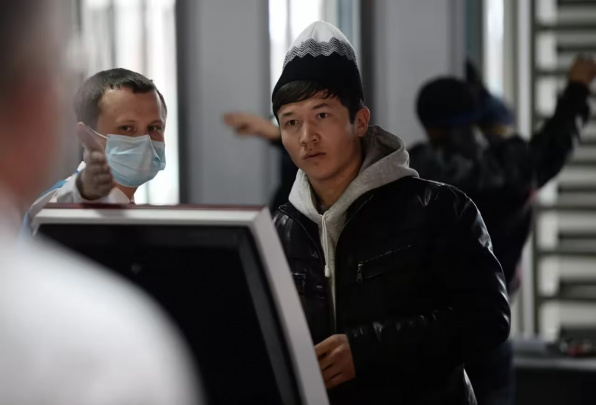
16:31 / 24.07.2025
Russia may reintroduce pre-entry health checks and vaccinations for incoming migrants
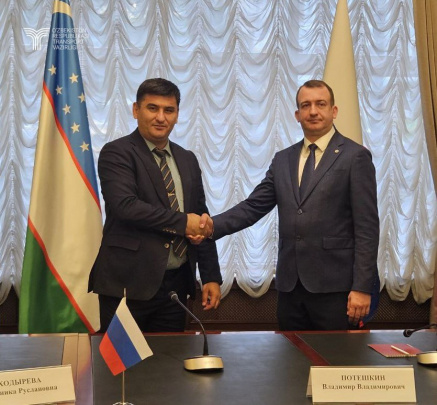
19:18 / 23.07.2025
Uzbekistan and Russia approve over 1,000 weekly flights under new air agreement
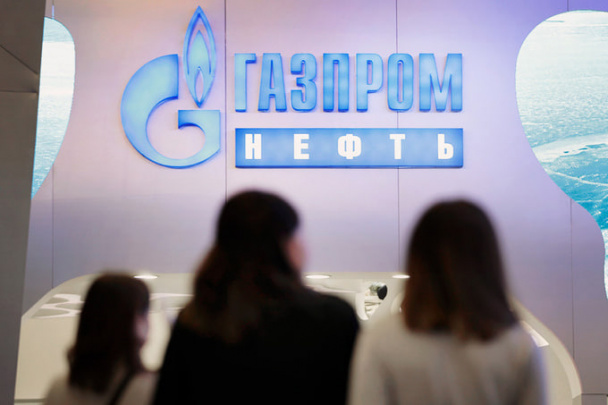
19:07 / 22.07.2025
Uzbekistan to deepen energy sector ties with Russia’s Gazprom Neft
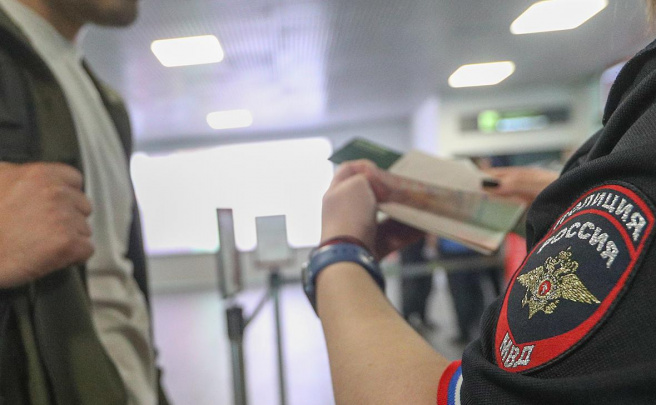
13:40 / 22.07.2025



